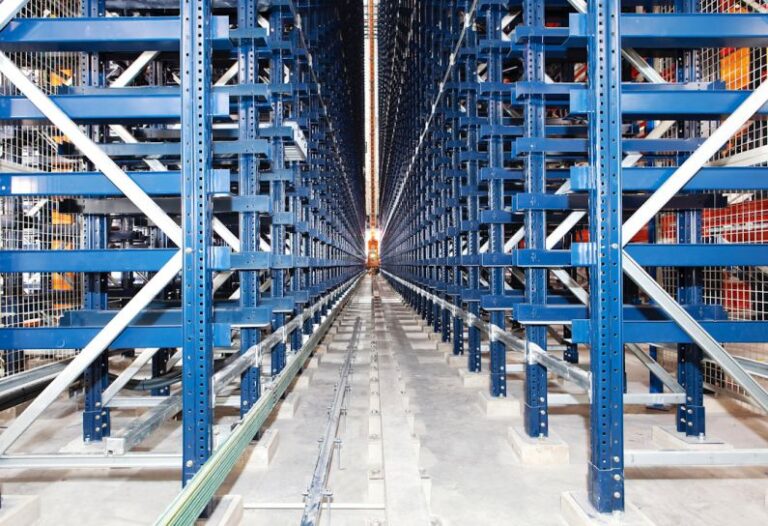The Evolution of Gps Tracking in Transportation
The transportation industry has seen a significant transformation over the years, largely due to the evolution of GPS tracking technology. From its humble beginnings as a tool for military navigation to its widespread use in commercial vehicles today, GPS tracking has revolutionized the way transportation companies operate. This article delves into the history and impact of GPS tracking in transportation, highlighting its key benefits and future implications.
**Early Beginnings of GPS Tracking**
GPS, or Global Positioning System, was first developed by the United States Department of Defense in the 1970s for military purposes. Initially, GPS technology was used for accurate positioning and navigation of military vehicles and aircraft. However, as the technology became more advanced and affordable, it quickly found its way into civilian applications, including transportation.
**The Advent of GPS Tracking in Commercial Vehicles**
The integration of GPS tracking in commercial vehicles marked a turning point for the transportation industry. Fleet managers could now monitor the real-time location of their vehicles, optimize routes, and improve overall operational efficiency. GPS tracking systems also allowed for better communication between drivers and dispatchers, leading to faster response times and improved customer service.
**Benefits of GPS Tracking in Transportation**
One of the most significant benefits of GPS tracking in transportation is improved fleet management. With real-time tracking capabilities, fleet managers can monitor vehicle location, speed, and route adherence, leading to better resource allocation and cost savings. GPS tracking also enhances driver safety by providing valuable insights into driver behavior, such as harsh braking or speeding, allowing for timely intervention and training.
**Enhanced Customer Experience**
GPS tracking has not only benefited transportation companies but has also had a positive impact on customers. With accurate arrival time predictions and real-time tracking updates, customers can plan their schedules more effectively and have peace of mind knowing the status of their shipments. This transparency and reliability have become essential components of modern transportation services.
**Future Implications of GPS Tracking**
As technology continues to advance, the future of GPS tracking in transportation looks promising. Innovations such as predictive analytics and artificial intelligence are being integrated into GPS tracking systems, enabling more precise route planning and proactive maintenance scheduling. Additionally, the rise of autonomous vehicles and drones is set to further revolutionize the transportation industry, with GPS tracking playing a crucial role in their navigation and coordination.
**The Role of GPS Tracking in Sustainability**
In addition to improving operational efficiency and customer service, GPS tracking also plays a vital role in promoting sustainability in transportation. By optimizing routes and reducing idle time, GPS tracking helps minimize fuel consumption and carbon emissions, contributing to a greener and more environmentally friendly transportation sector. As sustainability becomes an increasingly important focus for businesses and society as a whole, GPS tracking will continue to be a valuable tool in achieving these goals.
**Conclusion: Navigating the Future of Transportation**
In conclusion, the evolution of GPS tracking in transportation has had a profound impact on the industry, from improving fleet management and customer experience to promoting sustainability and innovation. As technology continues to advance, GPS tracking will play an even more significant role in shaping the future of transportation, enabling companies to operate more efficiently, safely, and sustainably. Embracing these advancements will be key for transportation companies looking to stay competitive in an ever-evolving landscape.






